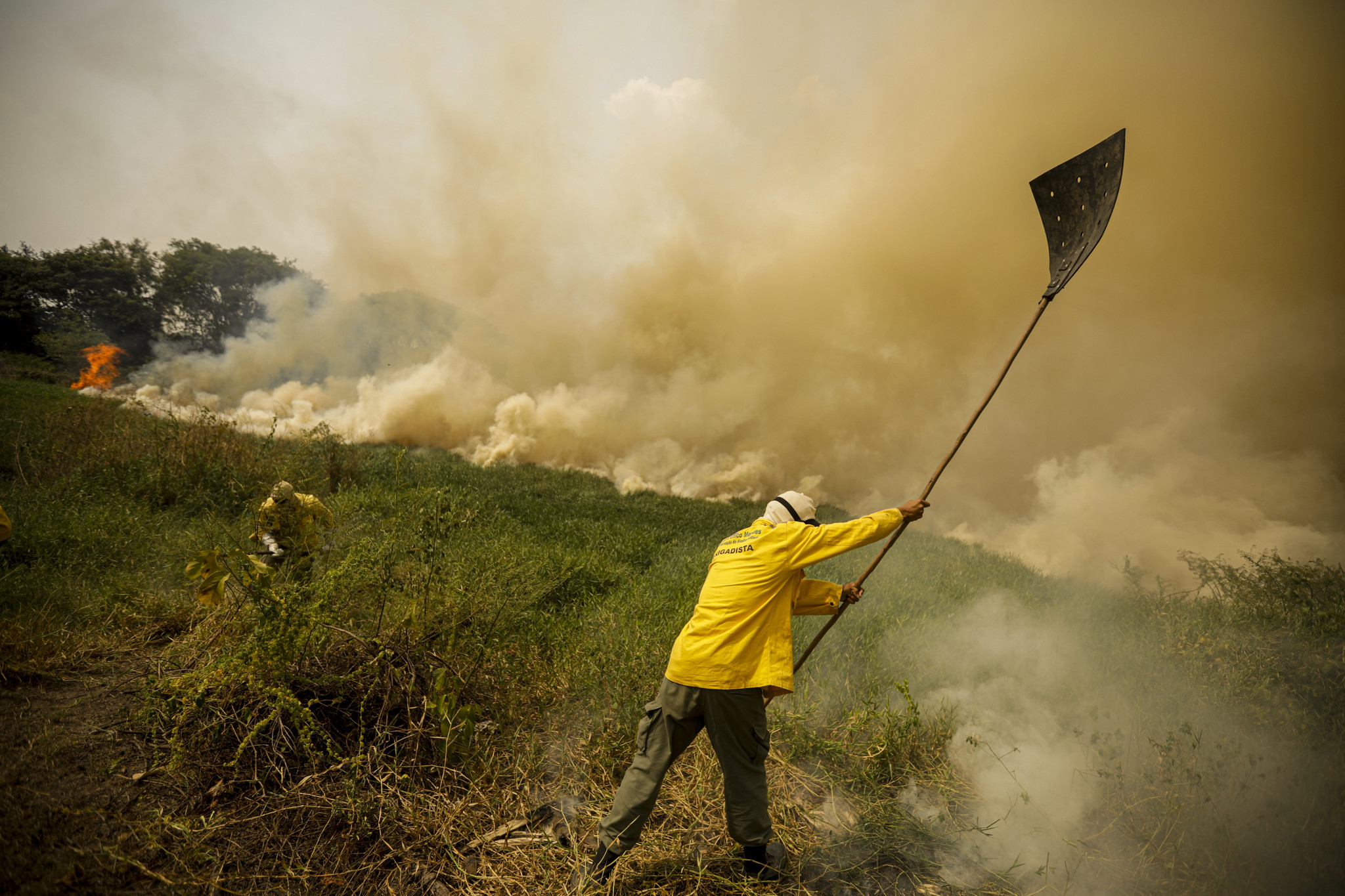Think Tanks: Global transformation with social participation
Revitalizing multilateralism and implementing a development model that considers the transition to a green economy were the topics of discussion at the first meeting of the Think Tank 20 (T20) Brasil engagement group.

Faced with the challenges of proposing a development model that takes into account an urgent green transition throughout the production chain, the first joint meeting of the task forces proposed by the Think Tank 20 Brasil (T20) engagement group took place in March. Participants discussed the revitalization of multilateralism and the implementation of policies aimed at sustainable development. The agenda revolved around the proposals for policy briefs selected and the themes and criteria used to classify the approach of these works.
The coordinators of the task forces discussed selected proposals that will serve as the basis for recommendations to the leaders of the G20 member countries. With the participation of dozens of representatives from national and international think tanks, the conference outlined guidelines for the formulation of proposals and solutions that will be presented to the leaders of the G20 member countries, emphasizing the importance of international cooperation in addressing global challenges.
"We have failed, as economists, to truly integrate climate change into economic thinking. Although we have some brilliant new economists who are thinking about it, the usual way of dealing with economics has not incorporated the issue of climate change as it should."
Convergence of priorities
Gustavo Westmann, International Advisor to the General Secretariat of the Presidency of the Republic, highlighted the search for inclusive proposals, especially in reducing inequalities and combating climate change. "We can't draw up and implement public policies without looking at those who will be directly affected by them," he said. He believes in the need to listen to and consider the perspectives of those affected, emphasizing the importance of social engagement in building effective global solutions. "Social participation will be a legacy of the Brazilian presidency," said Westmann.
He reinforced the Brazilian government's commitment to broadening the participation and influence of different players in the G20 decision-making processes and highlighted the convergence between the T20 discussions and the priorities presented by the Brazilian presidency of the Forum, pointing to a strategic alignment between the different players involved.
Climate emergency
Also taking part in the debate was Ambassador André Corrêa do Lago, Secretary for Climate, Energy and Environment at the Brazilian Ministry of Foreign Affairs and advisor to the Brazilian Center for International Relations (Centro Brasileiro de Relações Internacionais - Cebri). "I believe we can make the G20 a bridge to the main gaps we see in the international system (such as global governance). The discussions and proposals can allow us to make a transition to an economy and an international structure that takes climate change into account on the road to development," emphasized the ambassador.
Corrêa Lago is also an economist and participates as one of the coordinators of the G20 Bioeconomy Initiative. "We have failed, as economists, to truly integrate climate change into economic thinking. Although we have some brilliant new economists who are thinking about it, the usual way of dealing with economics has not incorporated the issue of climate change as it should," he said.
Think Tank 20
The Institute for Applied Economic Research (Instituto de Pesquisa Econômica Aplicada - Ipea), the Alexandre de Gusmão Foundation (Fundação Alexandre de Gusmão - Funag) and Cebri, which make up the T20 Secretariat, invited participants to contribute by addressing the challenges and opportunities faced by the G20 during and after the Brazilian presidency, representatives of the task forces that make up the T20 spoke: Trade and Investment for Sustainable and Inclusive Growth, Reform of the International Financial Architecture, Sustainable Climate Action and Just and Inclusive Energy Transitions, and Inclusive Digital Transformation.
With the conclusion of the initial conference, T20 Brasil will meet again in July for the intermediate conference, where the final recommendations of the task forces will be presented. The aim is to debate and draw up concrete proposals to be forwarded to the G20, consolidating the T20's role as a forum for global engagement and cooperation.